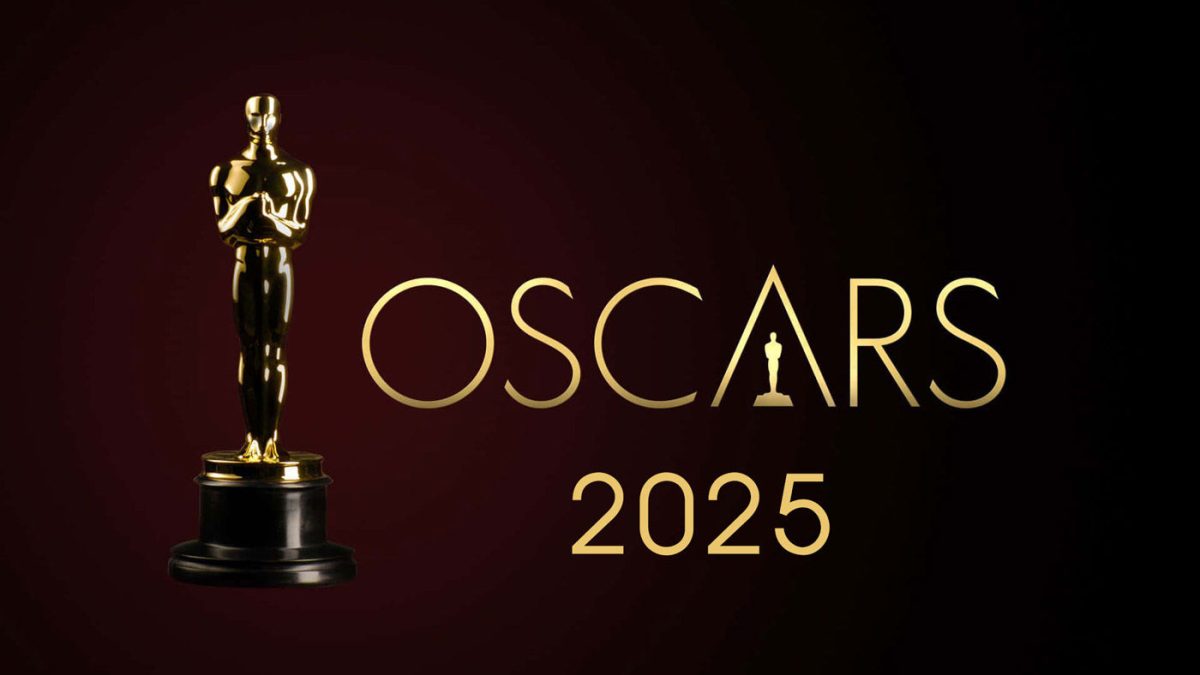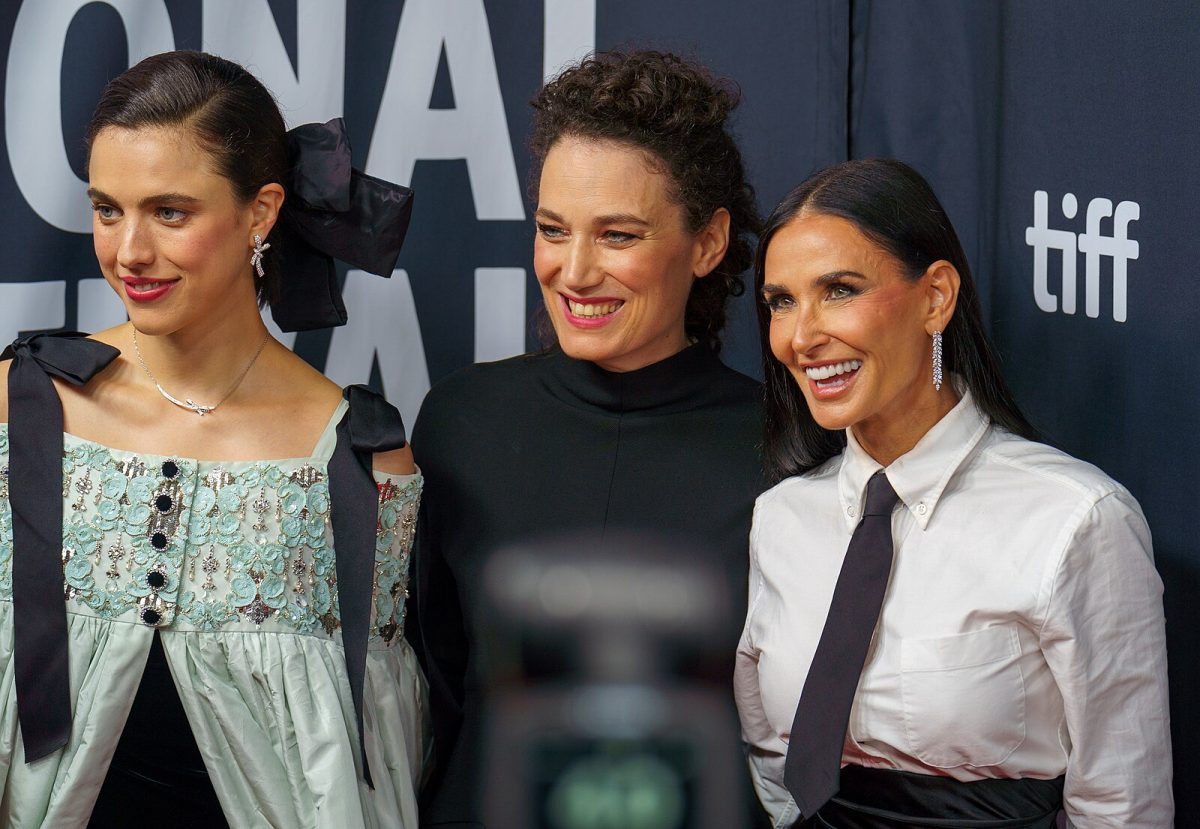Directed by Greta Gerwig (Little Women) and starring Margot Robbie (Once Upon a Time in Hollywood) as Barbie and Ryan Gosling (La La Land) as Ken, Barbie, at its core, presents a groundbreaking idea— Barbie is all women. This concept, which is not immediately obvious when looking at its child-oriented advertising, reveals itself as the film’s story unfolds. Barbie becomes a symbol of the multifaceted nature of womanhood, representing the diverse roles and aspirations of women.
The most remarkable aspect of the film is its bold exploration of the objectification of Barbie when she is in the real world. Barbie, often viewed as a children’s toy, is sexualized by almost every person she encounters. This commentary forces us to reconsider the norms regarding the portrayal of women in society.
The appearance of the film may be outlandish, but this quality adds to its charm. It invites viewers into a world of imagination, where Barbies and Kens make up the population of Barbie Land. The fantastical nature of the narrative encourages viewers to dream big and challenge traditional gender norms, much like Barbie herself.
Narratively, the film is as diverse as its protagonists. It effortlessly weaves through various genres, from adventure to romance to comedy, thereby catering to a wide palette of tastes. This story telling approach by the film’s screenwriters Noah Baumbach (Frances Ha) and Gerwig mirrors the multifaceted nature of womanhood and humanity as a whole, ensuring there’s something for everyone.
The movie is a visual delight. The colors and details of small animation are detailed and captivating, capturing the essence of Barbie’s glamorous world and casting actors like Robbie and Gosling who embody their characters. Many men identify with Ken from the film as a symbol of unattainable perfection and struggles with identity.
The film sparked the phenomenon of being “Kenough.” While Ken embodies physical ideals, he feels pressure from society to conform. His journey of self-discovery to overcome these struggles by accepting himself for who he is promotes others to have conversations about self-acceptance. Ken’s character encourages society to have these conversations of redefining masculinity beyond traditional stereotypes.
Barbie has not only made waves as a thought-provoking cinematic work but also as a cultural phenomenon. Its nostalgic roots and the enduring legacy of the Barbie doll have drawn audiences of ages. This movie has successfully sparked conversations about the portrayal of women in the media, and its exploration of the character’s philosophical side has added a layer of depth to the Barbie franchise. The cultural phenomenon of Barbie is undeniable. The film surpassed the expectations set by its initial advertising.
Barbie’s imaginative and far-fetched world exudes charm and inspiration. Through the film’s expert storytelling, it bridges the gap between generations and ushers in a new era of appreciation for the beloved doll’s multifaceted and ever-changing nature. It offers a profound and multifaceted exploration of Barbie’s character and her significance as a symbol of womanhood. Ultimately, Barbie is a celebration of women in all of their glory, reminding us that Barbie is not “just” a doll, and women are not “just” one dimensional. This cinematic experience leaves a lasting impact, challenging societal norms and celebration of the complexities of womanhood.








